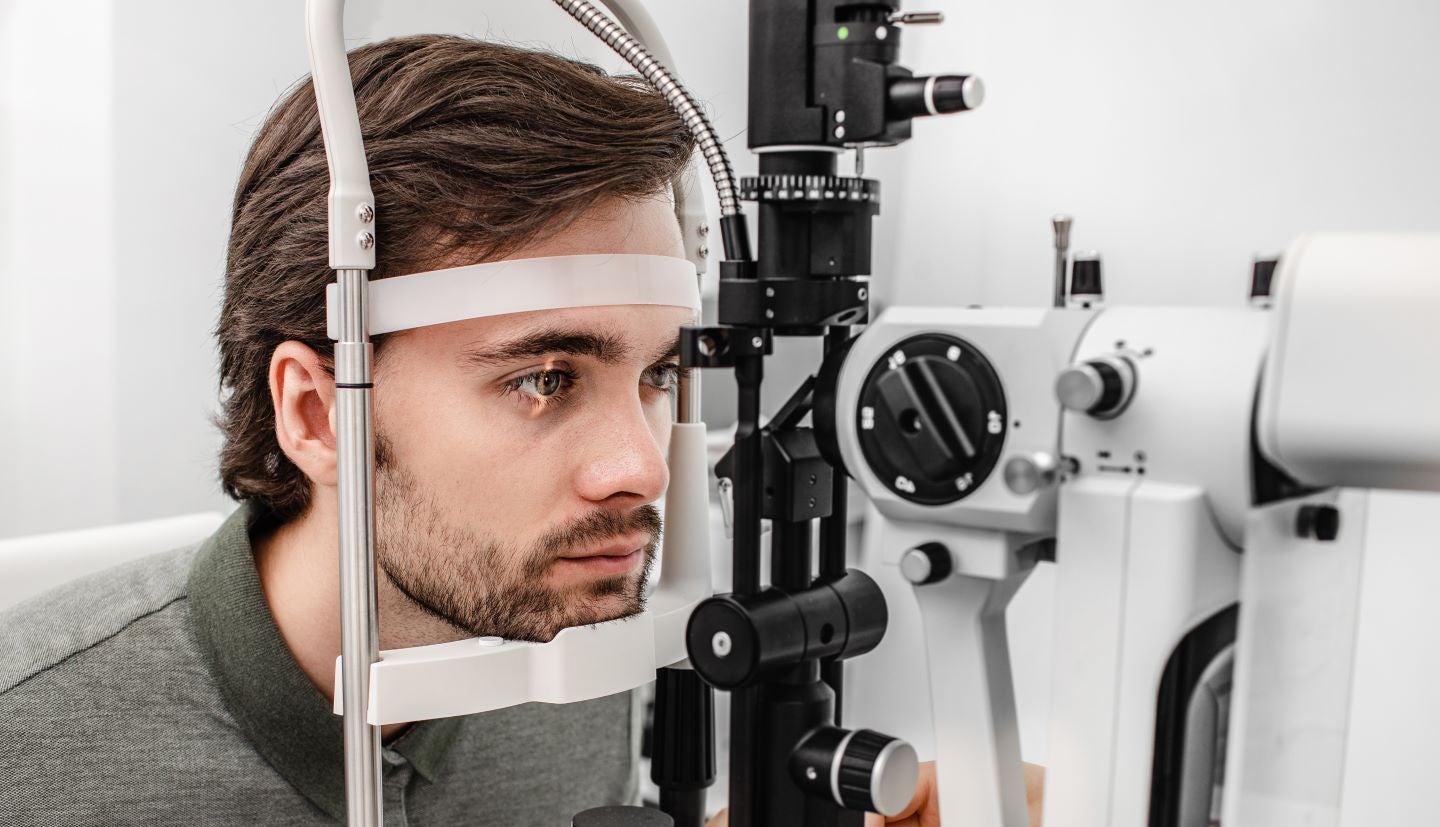
EyePoint Pharmaceuticals has initiated the Phase II VERONA clinical trial of EYP-1901, a potential treatment for diabetic macular oedema (DME).
The first patient has received a dose in the study, which is evaluating the therapy in people who have undergone standard anti-vascular endothelial growth factor (VEGF) therapy earlier.

Discover B2B Marketing That Performs
Combine business intelligence and editorial excellence to reach engaged professionals across 36 leading media platforms.
VERONA is a three-arm, controlled, randomised, single-masked trial that will enrol nearly 25 patients.
Participants will be assigned to receive one of two intravitreal doses of EYP-1901 or an aflibercept control.
The trial’s primary efficacy goal is to assess the time to the first supplemental aflibercept injection up to 24 weeks, based on pre-defined criteria.
Evaluating safety, changes in best corrected visual acuity (BCVA), central subfield thickness (CST) and the diabetic retinopathy severity scale (DRSS) will comprise secondary objectives.

US Tariffs are shifting - will you react or anticipate?
Don’t let policy changes catch you off guard. Stay proactive with real-time data and expert analysis.
By GlobalDataThese endpoints aim to establish the potential of EYP-1901 as a transformative treatment for VEGF-mediated retinal diseases.
An investigational sustained delivery therapy, EYP-1901 comprises vorolanib, a selective tyrosine kinase inhibitor, formulated in bioerodible Durasert E.
EYP-1901 utilises Durasert E technology of EyePoint to deliver vorolanib.
The optimism surrounding EYP-1901 is boosted by positive outcomes from the Phase I DAVIO and Phase II DAVIO 2 trials in wet age-related macular degeneration (AMD).
The trials demonstrated promising efficacy and safety profiles of the therapy.
In addition to DME, EYP-1901 is also under investigation for non-proliferative diabetic retinopathy, expanding its potential impact within retinal disease treatment.
EyePoint Pharmaceuticals CEO Jay Duker said: “There is a significant need for differentiated and longer-acting treatments for DME patients, as the current standard of care requires frequent intravitreal injections that are burdensome and can result in under-treatment.
“We are encouraged by the growing body of clinical data for EYP-1901 and we are optimistic that EYP-1901 has the potential to change the current treatment paradigm for DME with topline data expected in Q1 2025.”





